
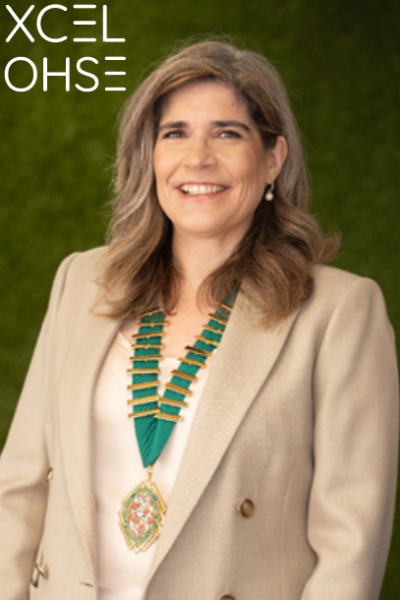 13h00- 13h25 GMT +1
13h00- 13h25 GMT +1
 28 04 2020 / 14h00 - 14h45
28 04 2020 / 14h00 - 14h45
We are all finding it hard to stay calm during this pandemic; personal safety, family and friends, our safety at work, business continuity, management of change, securing incomes, isolation, and social distancing ... all of these concerns and thoughts with all the uncertainty going around them, are currently making it difficult to cope with the created by COVID-19 new world context ... Tuesday, April 28, 2020, Mrs Souhir Messaoudi will be part of the World Day for Safety and Health at Work Agenda, organized as the XCEL OHSE SUMMIT 2020 event. This session will only be the beginning of the "XCEL Occupational Health and Safety and Environmental SUMMIT 2020" events and activities to continue throughout the rest of the year.
Mrs Souhir will be talking about the impact that the new world crisis context may have on our mental health and on our organizations... She will be providing tips on how to prevent burnout and build resilience. And She will be sharing strategies for managing mental health during coronavirus crisis.
 06 10 2020 / 09h30 - 10h00 GMT +1
06 10 2020 / 09h30 - 10h00 GMT +1
The COVID-19 pandemic has swept the world and created unique issues for employers and safety professionals when it comes to determining whether COVID-19 transmission in the workplace is a likely hazard and which are the appropriate measures to take. In the United States, while there is no federal enforcement program specific to COVID-19, some states have gone ahead with emergency standards, some of which include illness reporting requirements to the state OSHA agency or public health department. Determining which cases are work-related is critical in ensuring that other workers do not become ill, to avoid workplace transmission, and to have accurate recordkeeping for OSHA and worker's compensation purposes. This presentation will outline the basics of COVID-19 recording and reporting essentials, as well as how to develop effective investigation of COVID-19 reports and other incidents.
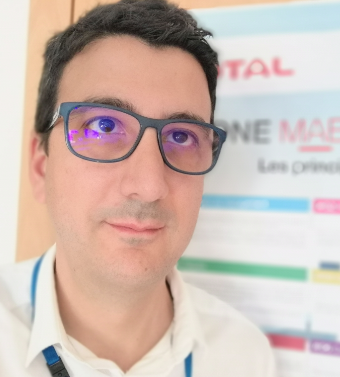 06 10 2020 / 10h25- 10h55 GMT +1
06 10 2020 / 10h25- 10h55 GMT +1
Total is a founding member of the United Nations Road Safety Trust Fund. As a founding member. “Safety is one of the Group’s values, and prevention of road traffic accidents is a priority commitment" C.E.O. of TOTAL
Total and its affiliates are involved every day in road safety through a variety of prevention initiatives, training for professionals, and support for communities. Total Tunisia like many other subsidiaries in the downstream branch of TOTAL has decreased dramatically the number of road accidents among the fleet of lorries transporting hydrocarbons products (gasoline, Diesel, Lubricants...), thanks to stringent driving rules enforced among the drivers and their employers /haulers in contract with Total for Transport). Embarked technology (In-Vehicle Monitoring Systems: driving parameters recorder, Cabin, and road cameras...) are also key to assess closely the performance of drivers. Eventually, regular audits of the companies contracting with Total are also necessary to assess their performances and to check whether their safety management system is robust.
 06 10 2020 / 11h20- 11h50 GMT +1
06 10 2020 / 11h20- 11h50 GMT +1
Most organizations have developed, refined, and tested all aspects of their crisis management communication plans. A hidden risk that is rarely identified or discussed is how to manage the human impact of the people indirectly impacted by the Crisis. Family members, friends, relatives, coworkers, witnesses, and even first responders can have a difficult emotional journey post-accident. The impact can be mitigated when resources and responses are identified well in advance of any crisis event.
 06 10 2020 / 13h15- 13h45 GMT +1
06 10 2020 / 13h15- 13h45 GMT +1
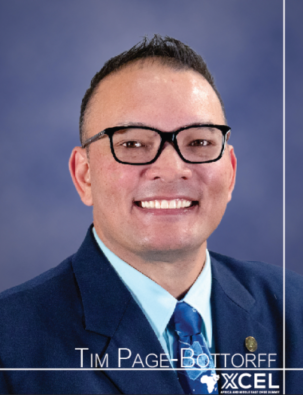 06 10 2020 / 14h10- 15h10 GMT +1
06 10 2020 / 14h10- 15h10 GMT +1
People are often ashamed to admit they’ve made a mistake—but human error is unavoidable. The reality of the situation is that simple mistakes can often have serious injury outcomes. Should you focus on helping people prevent making errors in the first place or focus on managing errors with sound systems thinking?
Tim will demonstrate how to do both. See why individual, group, and systems thinking is needed to effectively prevent injuries and continuously learn from every day variances in work to avoid serious consequences.
We will understand human and system factors and the relationship between them for continuous improvement. And to clarify the differences between human error prevention and human error management. And learn why everyone needs to fully understand, communicate, and practice both error prevention and management strategies at work and at home.
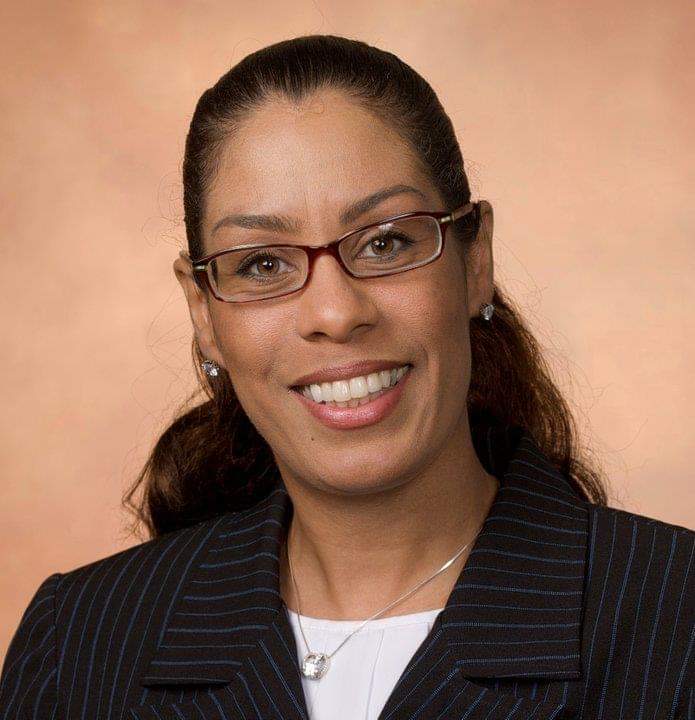 06 10 2020 / 15h40 - 16h10 GMT+1
06 10 2020 / 15h40 - 16h10 GMT+1
The future of safety begins now and appears to obsolete the worker. Technology will be the leading indicator. As companies move toward efficiency, corporate production lines and transportation shall be augmented with autonomous equipment. Energy production is moving away from natural resources and Food sources are becoming altered. Moreover, management systems are being developed with extraordinarily little interface with humans.
Observing accident trends and subsequent technological advancements from 2012-2020, the data shows the potential outcome of advantages to reducing workplace injury, making the human more efficient, or identifying a system without their interaction.
The recent changes to corporate compliance and regulatory legislature are conflicting, focusing more on the ecosystems and environmental stability rather than the education and support of the worker. To reduce the environmental footprint and liability, most assignments will be remote or outsourced. Those which are manual or require human interface can become more dangerous with less oversight and safety management.
The future of safety begins and ends with the worker. The worker is the ultimate indicator of the future of safety. It is imperative to be a strident advocate in actions supporting that change and working together to sustain that directive. The pursuance of personal life management and safe work practice will be essential to adopting safe work skills. The potential for assimilation into the new world of work will be based on how much the current management system can be modified and how much of it will be hybridized to suit the worker.
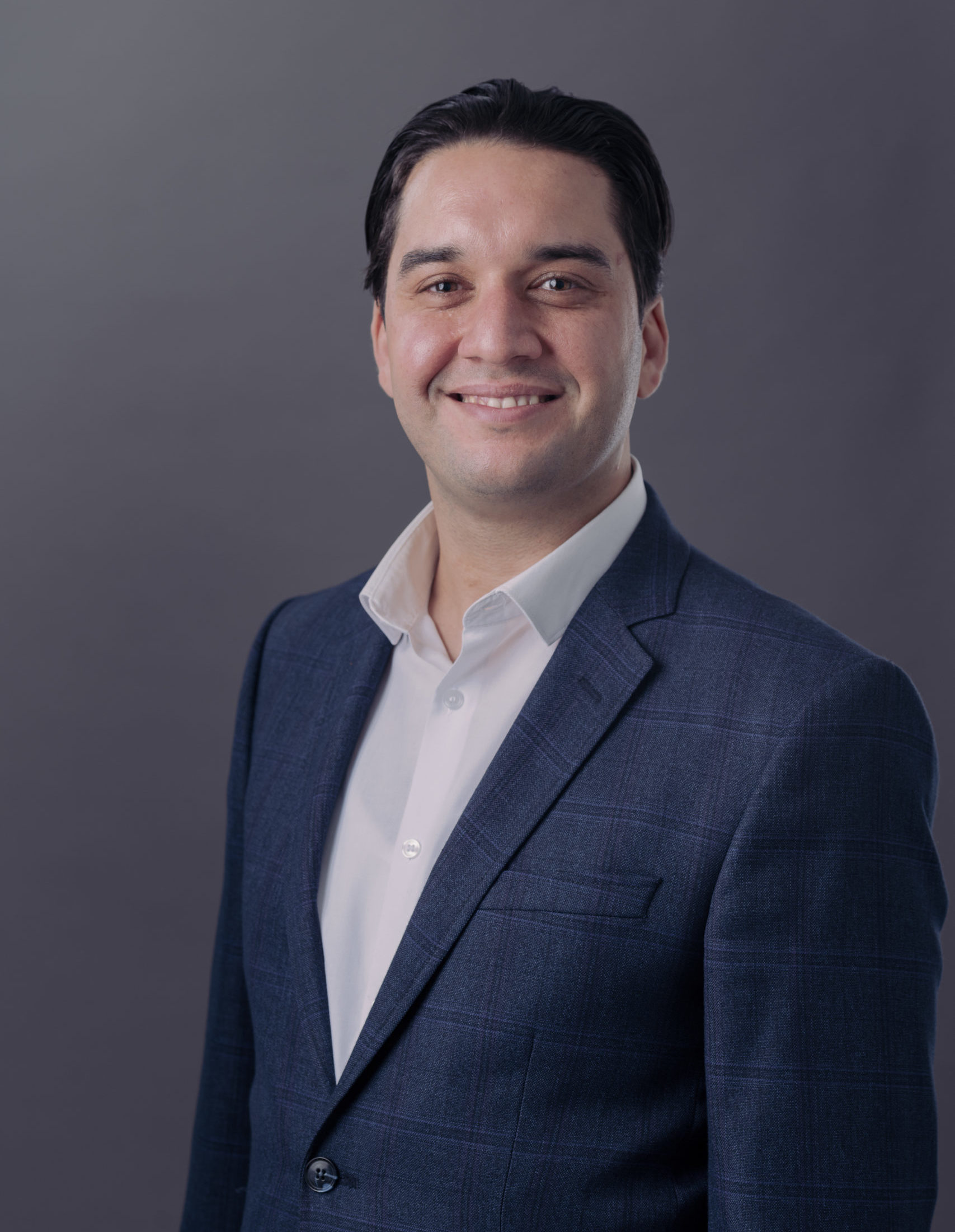 07 10 2020 / 09h00- 09h30 GMT +1
07 10 2020 / 09h00- 09h30 GMT +1
Over the last years, the engineering design of complex technological systems has significantly improved. The human factor has therefore remained a significant factor in overall risk and there is a growing need for tools to better address the human factor especially in major hazard industries such as the nuclear and oil and gas sectors. Human Reliability Assessment is an assortment of methods and models that are used to predict the occurrence of ‘human errors’ which are increasingly being used on its own both as a way to assess the risks from ‘human error’ and as a way to reduce system vulnerability. This session will be dedicated to present and compare the most relevant available HRA techniques and opening up prospects to think about how they could be developed in the future.
 07 10 2020 / 09h55- 10h25 GMT+1
07 10 2020 / 09h55- 10h25 GMT+1
 07 10 2020 / 10h50- 11h20 GMT +1
07 10 2020 / 10h50- 11h20 GMT +1
In light of recent and significant events that have ushered in incredible uncertainty - most notably Covid-19 and its broad-reaching impacts – humans and organizations alike are confronted with the reality that not all events can be anticipated or controlled in a linear fashion (e.g., technological resilience). Within a technological system, the primary paradigm applied within most organizations and certainly highly regulatory ones where order is the business of the day, uncertainty is anathema. In contrast, however, within an ecological system where living organisms survive and thrive, uncertainty actually stimulates progress and change. Here, humans and other eco-systems adapt in the face of the unknown, creating success paths in a non-linear manner (e.g., ecological resilience). In this brief presentation, Dr. Lande distinguishes between these two systems, their distinctly different approaches to realizing safety and performing resiliently, and how both must be explicitly considered and nurtured within the organization if we are to comprehensive approach safety and optimize performance.
Dr. Lande builds a compelling case for the explicit application of a dual-system paradigm within the organization. She purports that a safety and performance gestalt is realized when organizations effectively link mental/emotional well-being, effectively with operational/financial well-being.
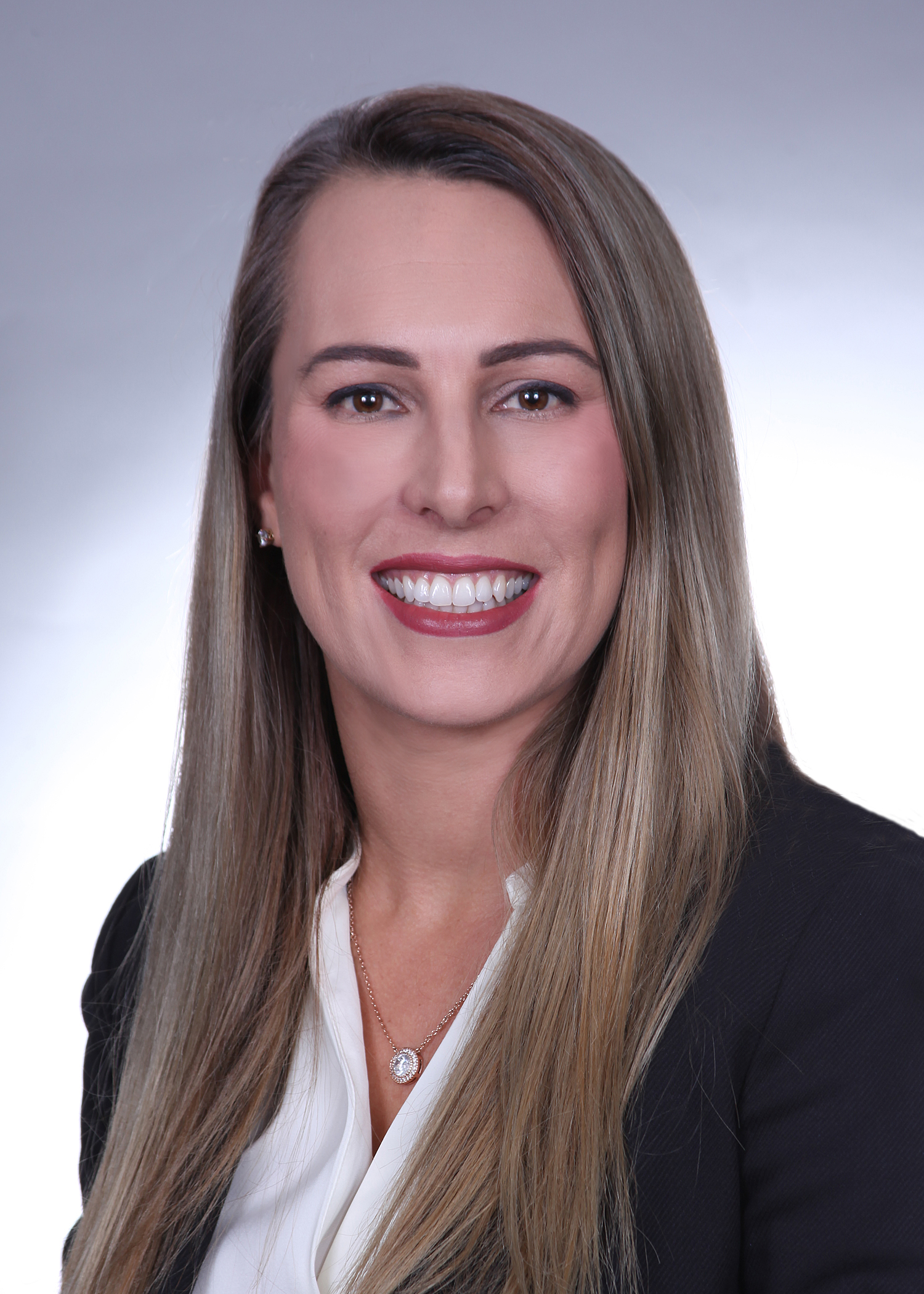 07 10 2020 / 11h45- 12h15 GMT +1
07 10 2020 / 11h45- 12h15 GMT +1
Human Performance (HP) is the next generation in safety and is critical for effective safety management and event analysis/learning. Human error or violations are often identified as the cause of many incidents. However, it is the beginning point rather than the endpoint in truly understanding both cause and safety performance.
This presentation will discuss:
An overview of the new view of human performance & principles
An understanding of how human error occurs
How we can start applying HP in construction
Finally, this doesn’t just apply to safety - Errors occur in production, quality, and many other areas and affect profitability every year. Human Performance is about operational excellence and is used to improve all areas of performance.
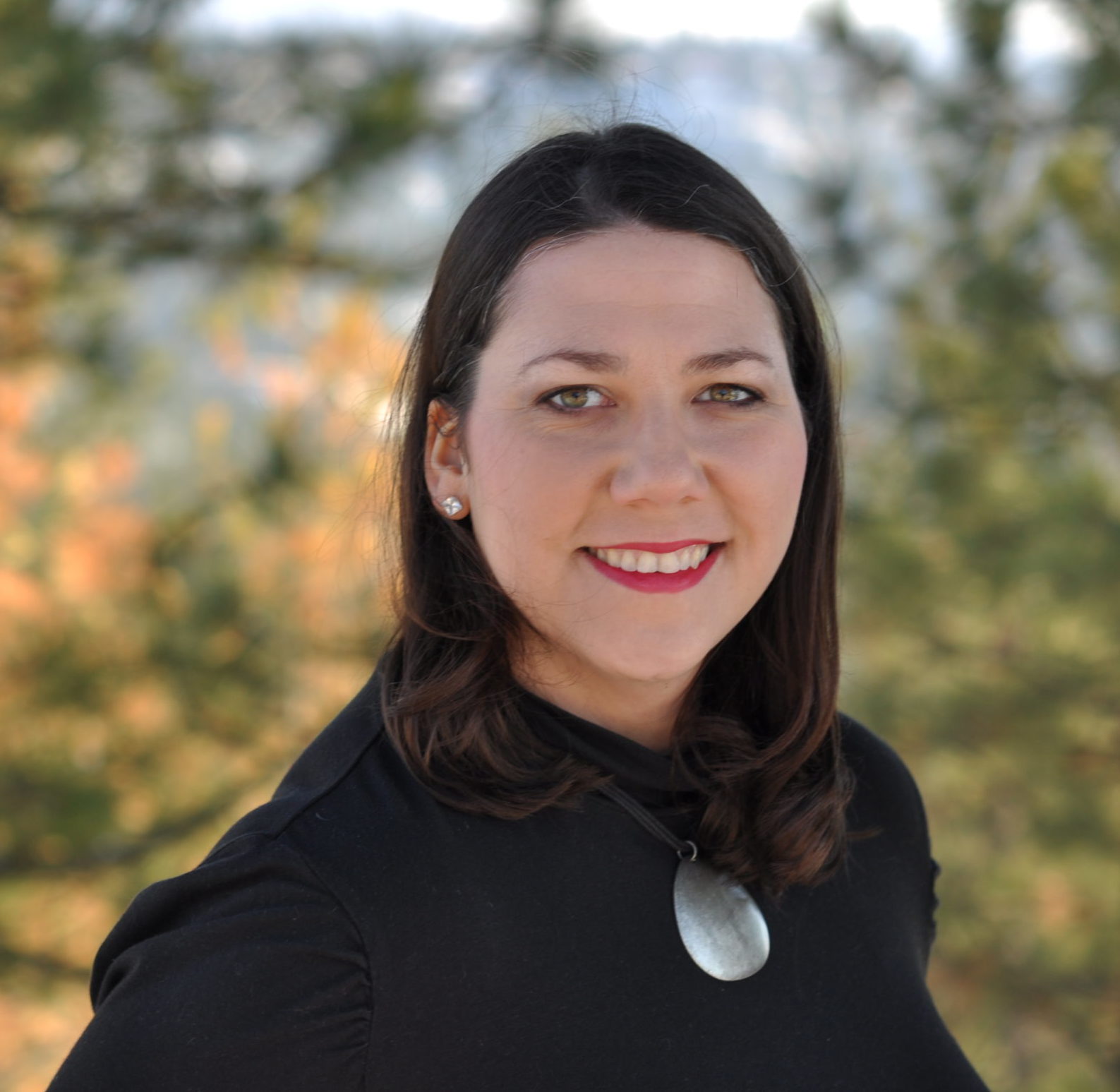 07 10 2020 / 13h15- 13h45 GMT +1
07 10 2020 / 13h15- 13h45 GMT +1
Public speaking brings people together, unites them, and causes great change! Many occupational environmental safety and health (OHSE) professionals receive minimal guidance to help them recognize the importance of effective communication. It's how professionals speak and present on OHSE topics that molds people's attitudes and perceptions of it.
Ever attended a bad presentation where the speaker uses crutch or filler words and sounds while reading the slide presentation line-by-line? Don't like speaking in front of people? Come explore techniques to help you become a better, more vibrant public speaker.
You'll recognize the importance of communication and interpersonal communication as it relates to the industry. You'll learn how public speaking can advance your other forms of communication. You'll identify the importance of various aspects of public speaking including speech organization and messaging, bodily gestures, vocal variety, and many other facets of public speaking.
 07 10 2020 / 14h10- 15h10 GMT +1
07 10 2020 / 14h10- 15h10 GMT +1
WARNING: Attending this session may cause belly-aches, teary eyes, and sore sides!
Have your safety and health presentations become drab and dreary? Do your employees attend safety sessions with a kick in their step?
Spruce them up with a little humor!
Tim will present to you in a fun and light-hearted way, how to engage your employees through the use of personal anecdotes, humorous video clips, storytelling, and more. We all know that safety is a serious topic, but we can learn how to make safety training interesting and even fun! You just may find that by adding a bit of humor to your sessions, you will enjoy teaching the classes more than ever before and your students will remember the teaching points.
Add techniques to your safety presentations that can wake up a tired, bored, or inattentive audience. In fact, using humor can actually help you make serious points about safety!
Discover why adults aren’t always eager to participate in safety training and what you can do to capture their interest
Learn some simple techniques to make safety meetings motivating and entertaining!
Be introduced to great ideas that will engage your family and loved ones in a way that will raise their awareness and keep them safer 24/7
HAVE FUN!
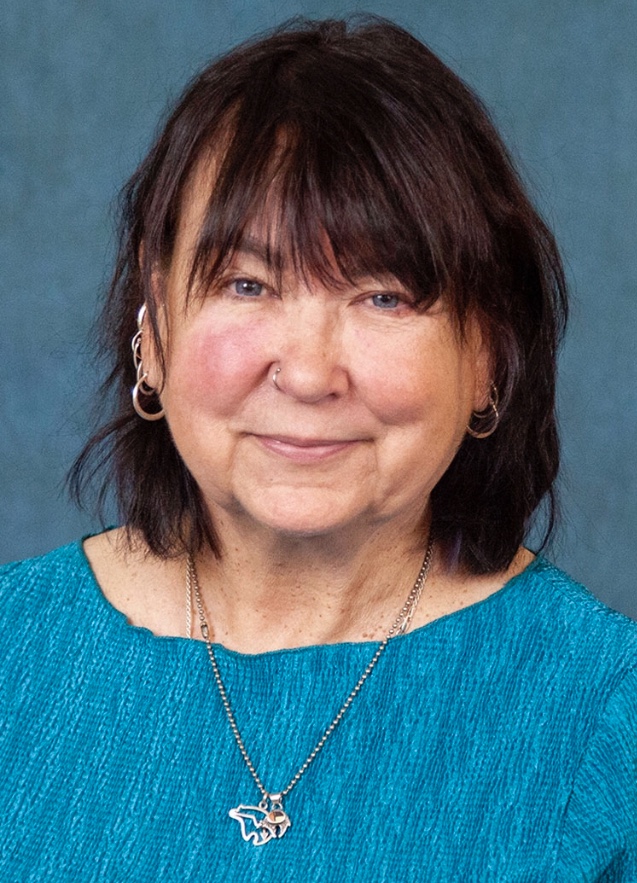 08 10 2020 / 09h55- 10h25 GMT+1
08 10 2020 / 09h55- 10h25 GMT+1
Persons working in hazardous industries often do not have access to correctly fitting PPE, and improperly fitted PPE can create a dangerous situation, especially when harnesses do not fit properly or when oversized gloves are intended to be used for tasks requiring fine motor skills. ...and the modification of specific items of PPE can have a psychological effect on workers.
Some of the questions that you'll have answered in this presentation include:
Does ill-fitting PPE expose workers to potential increased hazards, decreased productivity, and the psychological impact of feeling unprotected-
Are barriers driven by lack of education in the selection process and the competitive marketplace?-
Do decision-makers (providers) lack education regarding the importance of PPE fit and availability of options and consequences of ill-fitting PPE?
You'll learn how to better identify risks with issuing PPE and what to do about them!
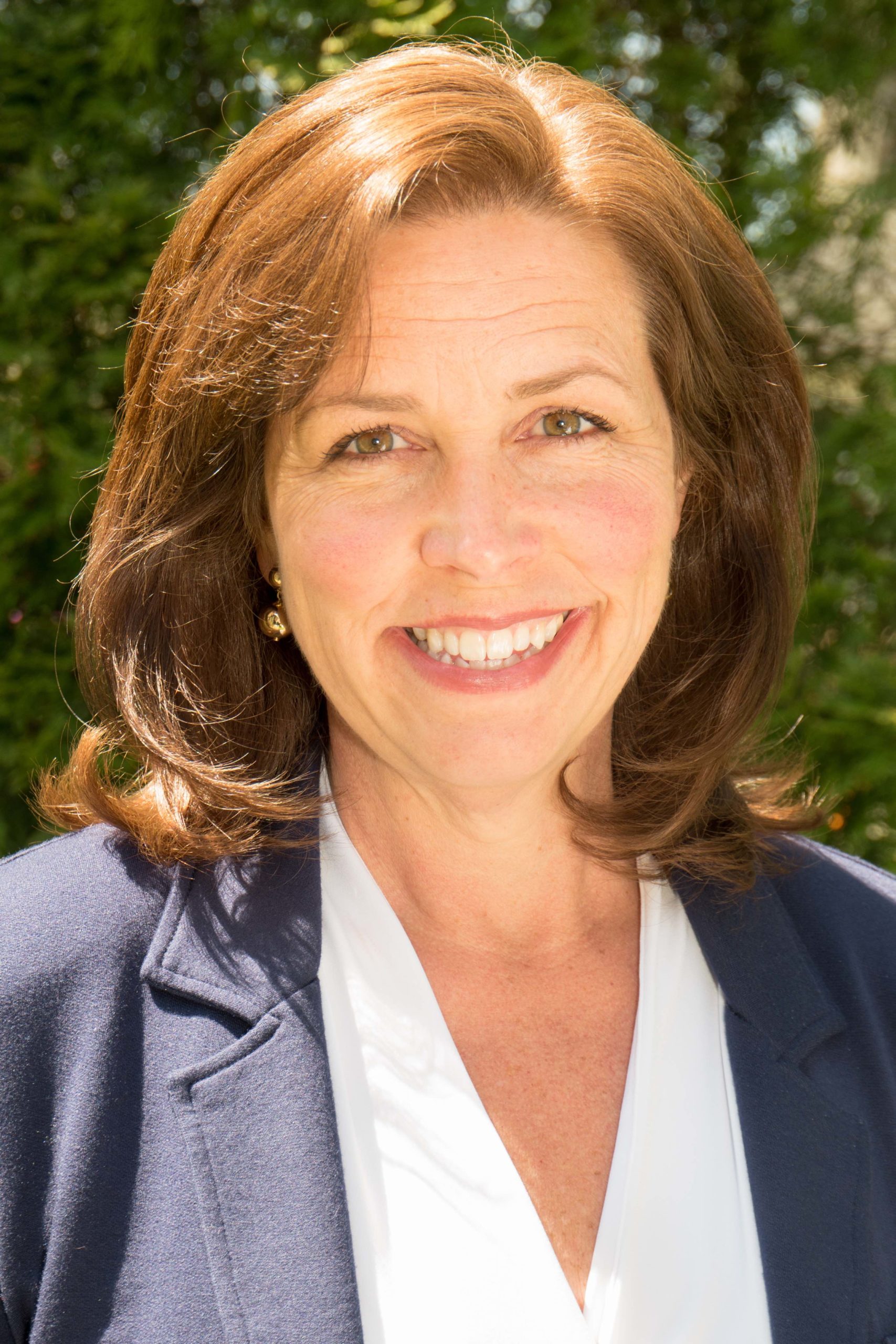 08 10 2020 / 10h50- 11h20 GMT +1
08 10 2020 / 10h50- 11h20 GMT +1
With all of the hours that many safety professionals spend on developing and delivering safety training, it is important to make sure that the content and delivery is designed so that trainees pay attention, interact, and remember most of the material presented. In this session we will discuss how to approach these three key factors so that safety training is the most effective it can be. Getting trainees to pay attention is the first step in getting them to learn the information being presented. We will cover the effective use of technology, image-based safety training, and personalized content as ways to increase trainee attention. Having trainees actively participate in their own learning through class interaction is the next key step in making training stick. We will discuss a variety of methods to add meaningful interaction to all safety training classes with special attention given to appropriate types of interaction for different kinds of audiences. The use of safety training games and activities will be covered as well as ways to customize them for any topic. Finally, we will review keys ways to help trainees to remember more of what they learn long after they leave the classroom.
Time and money is wasted when trainees forget everything they learned and thus fail to apply their new knowledge back on the job. When training isn't memorable, it often has to be repeated and can lead to poor productivity, mistakes in the workplace and confusion when it's necessary to follow important safety procedures.
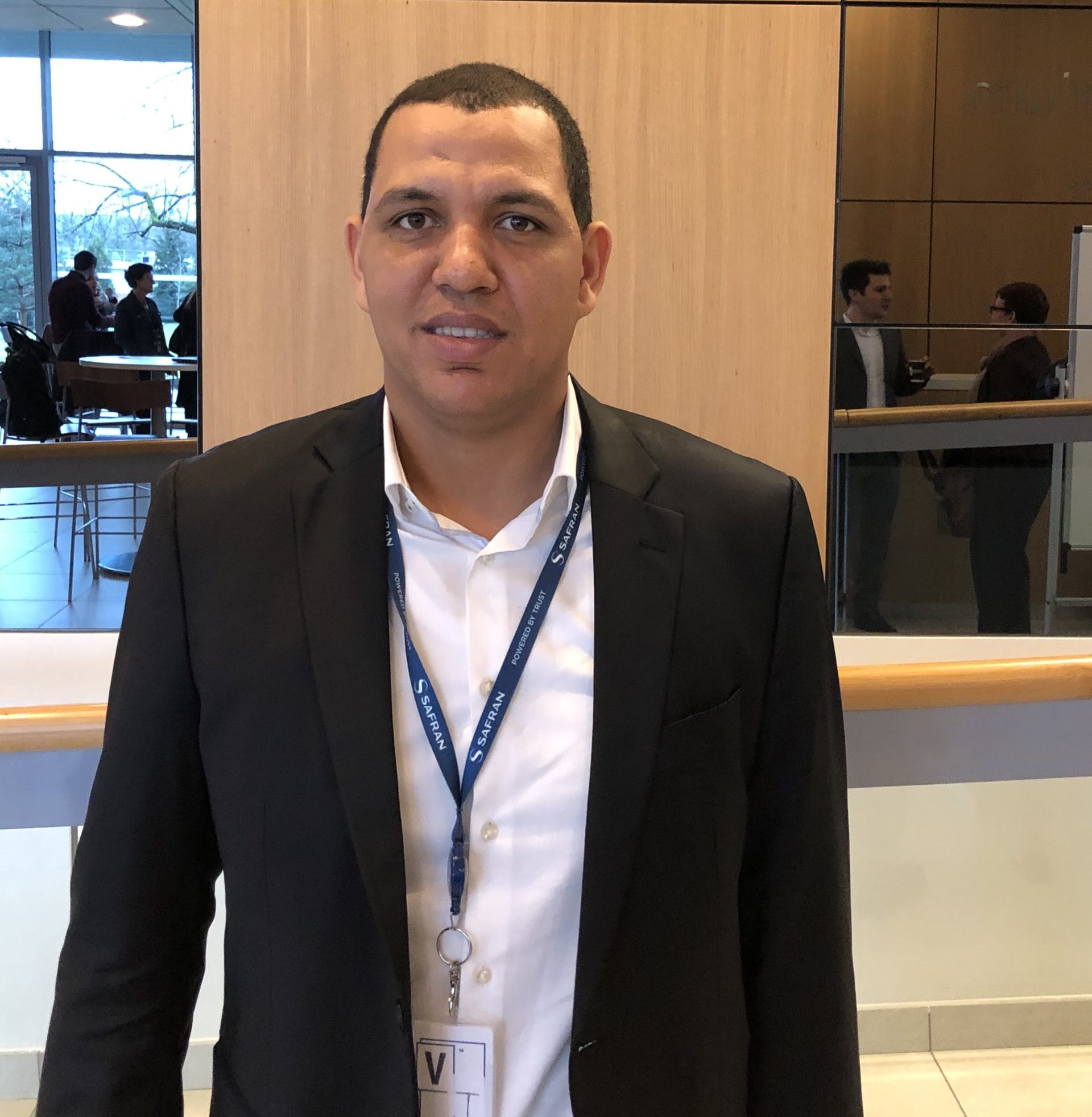 08 10 2020 / 11h45- 12h15 GMT +1
08 10 2020 / 11h45- 12h15 GMT +1
The HSE recognizes the importance of adopting a proactive approach to the management of risk to support both the achievement of HSE objectives and compliance with governance requirements.
Are there different practices to manage risks? Who are the key players to implement Risk Management process? What are the essential KPIs to monitor Risk Management process? All those questions and others will be shared with you in this session.
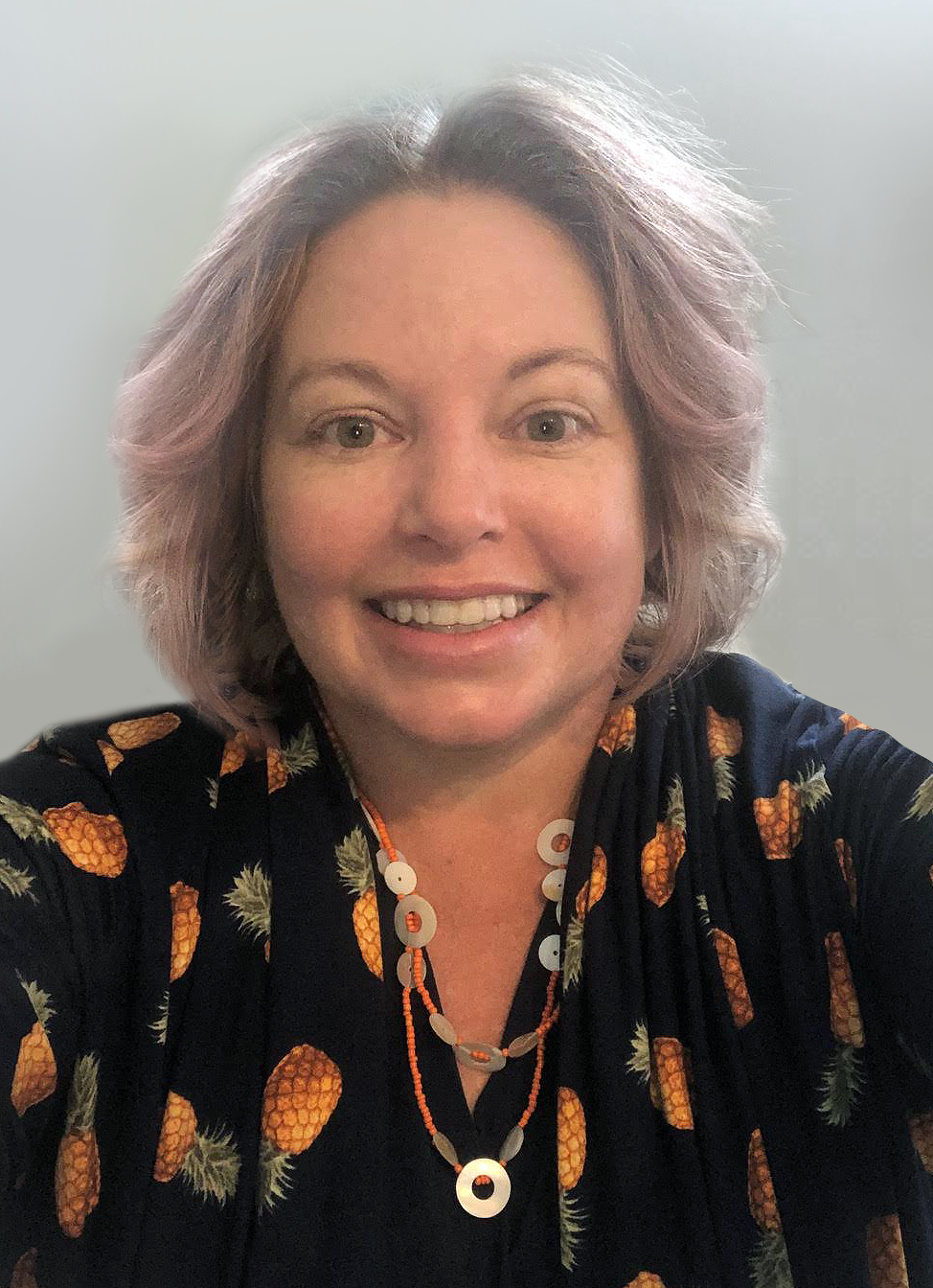 08 10 2020 / 13h15- 13h45 GMT +1
08 10 2020 / 13h15- 13h45 GMT +1
We are all using DSE for hours on daily basis, exposing ourselves to more injury risks especially when working from home. Rachel will help us learn how Display Screen Equipment (DSE) trends such as corner workstation placement, multiple screens, curved and larger screens impact the ergonomics of the office workstation. She will also tell us about how other peripheral tools, such as mice, may see a DSE related increase in use and how to address risk reduction strategies.
 08 10 2020 / 14h10- 14h40 GMT +1
08 10 2020 / 14h10- 14h40 GMT +1
Ergonomics programs have now been in place in the industry for almost 30 years. While there are many modalities to failure and a lack of sustainability, persistent organizations consistently and continually see a clear financial return on investment. Ergonomics programs are largely performance, rather than specification, based and thus may see greater performance from close alignment with departments and initiatives such as ISO 45001 rather than traditional employee health and safety.
 08 10 2020 / 15h05- 15h35 GMT +1
08 10 2020 / 15h05- 15h35 GMT +1
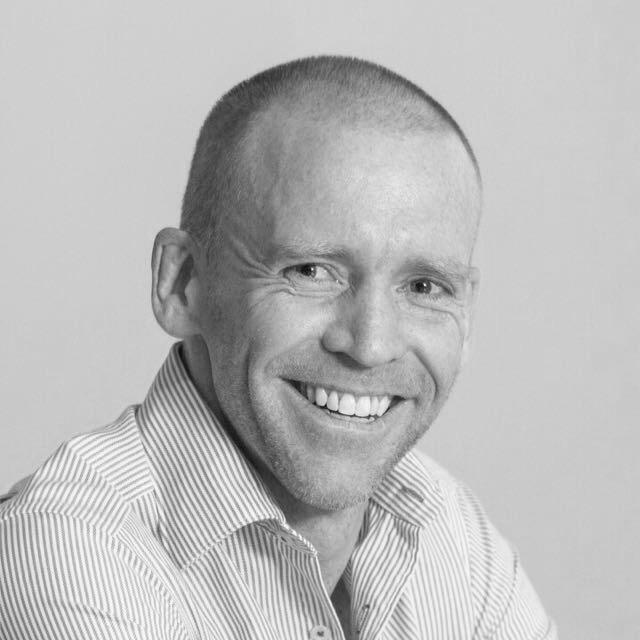 28 04 2021 / 10h00- 10h45 GMT +1
28 04 2021 / 10h00- 10h45 GMT +1
The Health and Safety Index received over 200,000 responses across several continents and industries. As we reflect on the Health and Safety Index results, there are many Health & Wellbeing, Safety, Leadership and Engagement lessons learnt which are worth sharing. We will share discusses the top results, lowest results, and the highest predictors for improvement based on a statistically reliable assessment. The Health and Safety Index results provide a strong benchmark for organisations to compare lead indicator performance, reflect and learn. Seeking feedback at scale empowers employees to have a say, highlights blind spots, areas of focus and also helps inform organisation strategy. Noting every organisation has different needs, Health and Safety Index results conclude there are four key common areas of focus that are extremely useful to improving health and safety performance.
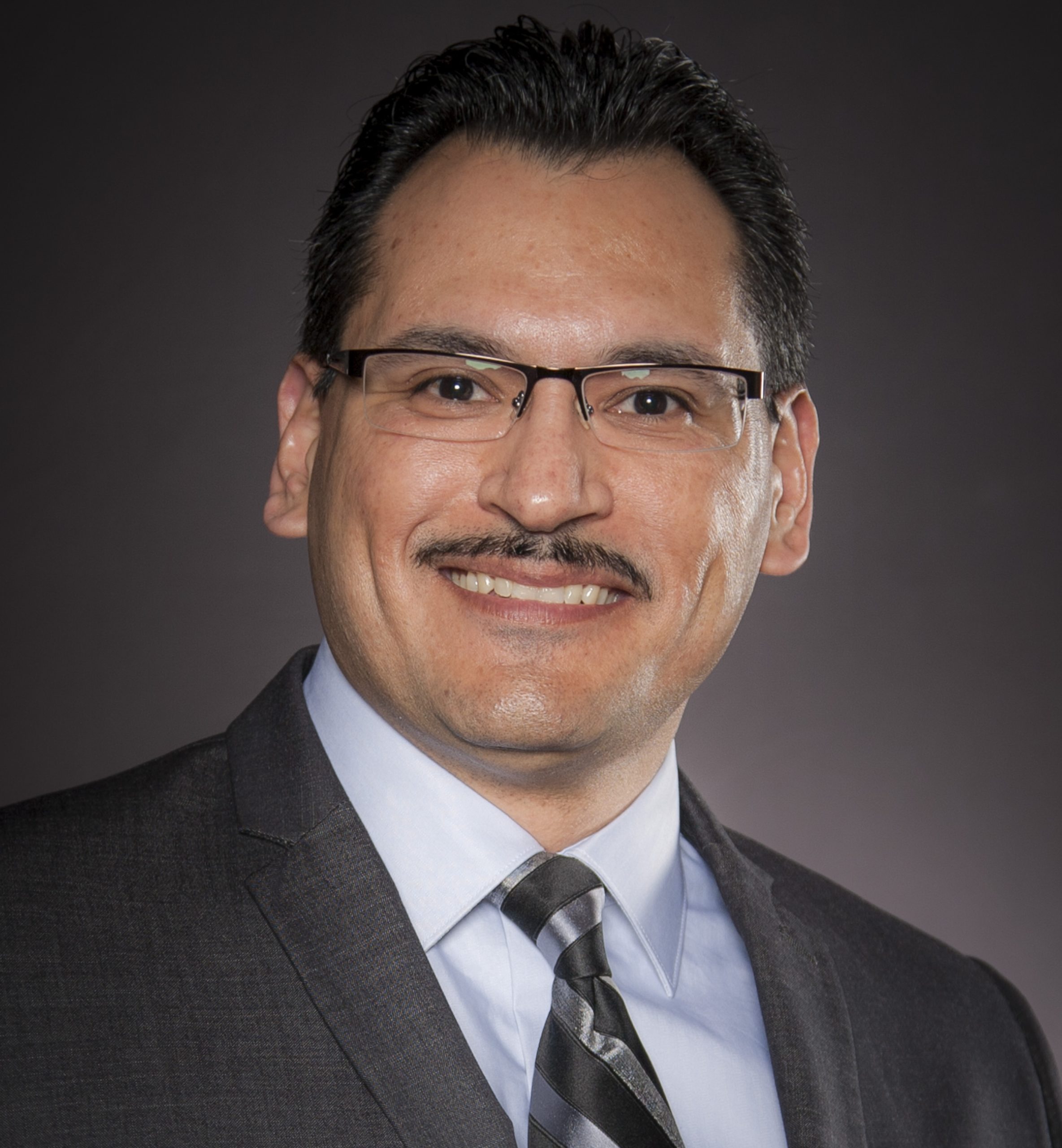 28 04 2021 / 14h00- 15h00 GMT +1
28 04 2021 / 14h00- 15h00 GMT +1
Game Day provides a road to success with easy and practical applications that can be immediately applied to elevate your influence and team’s performance. Game Day is based on the four foundational leadership principles identified in the acronym REAL: Relationships, Equipping, Attitude, & Leadership. Be ready to be challenged, have fun, laugh, and be inspired to lead your high-performing team to new levels of sustainable success.
 28 04 2021 / 16h00- 17h00 GMT +1
28 04 2021 / 16h00- 17h00 GMT +1
Simple Revolutionary Acts– is a conversation/resource to anyone who feels some of the passion has gone away from work. Why accept the fact that you work in a less than satisfying way? Change your workplace. Why not lead a revolution? Every good workplace revolution needs a list of ideas to begin to re-energizing the core of workplace happiness and satisfaction. This conversation will provide you with that list.
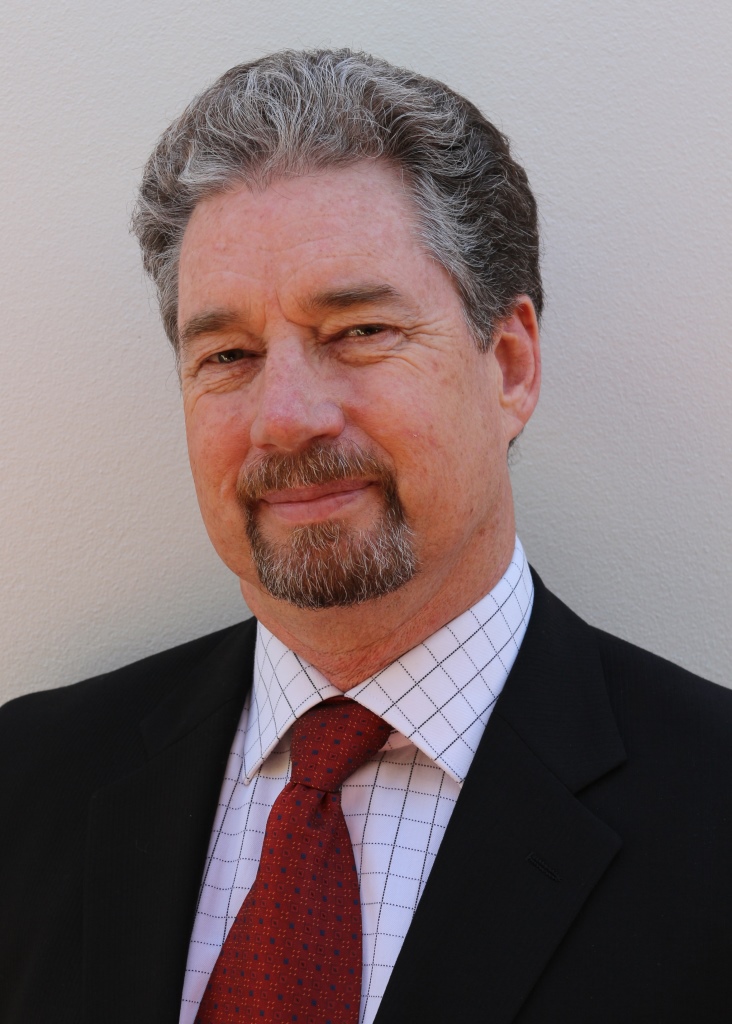 29 04 2021 / 09h00- 09h45 GMT +1
29 04 2021 / 09h00- 09h45 GMT +1
There is something missing in the way many businesses currently approach their safety performance and performance in general. Their mindset towards performance and failure plays a key role in what they focus on, how they lead their people and the results they get. We need to reimagine safety and to start to understand it differently from the way conventional safety is practiced. The nature of risk and the way we manage risk in business means that we are never totally safe. Logically and morally, we would never want to put people in an environment where they are totally unsafe. We work in a space between these two conditions – totally safe and totally unsafe. Conventional safety tries to manage out all errors and accidents, this doesn’t work. To be effective working in this space, we need to understand some critical aspects of safety: 1. Safety is a dynamic non-event. 2. But you can’t manage a non-event. 3. You have to manage and control the risks in the work. Therefore, a new definition of safety is: “Safety is not the absence of accidents; it is the presence of capacity.”
 29 04 2021 / 11h00- 12h00 GMT +1
29 04 2021 / 11h00- 12h00 GMT +1
Many companies are striving to find new ways to prevent process safety incidents and invest a lot of time and money to develop new technics and initiatives with the aim to improve their process safety management effectiveness. However, they pass by the effective use of an essential and powerful element. Process safety measurement and metrics or KPIs (Key Performance Indicators) as commonly called is an element of the fourth foundational block “Learn from experience” upon which is constructed the risk-based process safety management system.
As stated by Lord Kelvin (1824-1907), “If you cannot measure it, you cannot improve it.” Metrics are essential to measuring where improvements are achieved and where more improvements need to be undertaken. However, improvements will not occur simply from developing nice and colorful dashboards or filling plenty of excel sheets. How can this element lead to breakthroughs in performance, resulting in much lower rates of significant process safety incidents? How it can contribute to the success of each process safety team?
 29 04 2021 / 12h00- 13h00 GMT +1
29 04 2021 / 12h00- 13h00 GMT +1
The importance of mentoring and developing your key HSE employees, and others, for ongoing sustainable competence development and maintenance.
A structured approach to mentoring. An insight into the IOSH and IIRSM Mentoring schemes - what can they offer you and your people?
 29 04 2021 / 16h00- 16h40 GMT +1
29 04 2021 / 16h00- 16h40 GMT +1
The impact of influence on the Global OSH Program can make or destroy the company’s brand in the world. Identifying risks and not mitigating them due to lack of skills to influence can lead to catastrophic results. Fatality, Environmental disasters, or media attention due to accidents will undoubtedly mar the reputation of the company for years. As it is said, “Establishing a safety and health culture that leads to superior performance is not only the right thing to door the socially responsible thing to do…It is also the right economic approach. Reducing workplace injuries and illnesses conserves critical resources and improves the use of those critical resources. It saves money, avoids unnecessary costs and ultimately maximizes returns on business”, John Henshaw, Former Assistant Secretary of Labor, OSHA. This presentation shall provide insight into the reasoning behind the need for OSH at all levels of industry, as well as the main issues with communicating the points to be effective to leadership. This will enable the technical specialist or the Director to articulate effectively and use proper tools to align the goals of the C-Suite with the OSH agenda.
 30 04 2021 / 12h00- 12h45 GMT +1
30 04 2021 / 12h00- 12h45 GMT +1
Covid 19 struck the world and forced rapid changes for businesses. Control strategies addressed had a heavy dependence on changing corporate behaviours and thinking. The most successful businesses to this change had an inherent organisational resilience which was transferred across all aspects of the business and all stakeholders. Maxwell uses key learnings and his deep interest in risk excellence to take the new world standing to improved levels of HSE and risk engagement, control, and mitigation. He shares some key areas to focus upon - irrespective of the size or market the business operates in or serves.
 30 04 2021 / 13h00- 14h00 GMT +1
30 04 2021 / 13h00- 14h00 GMT +1
 30 04 2021 / 16h00- 16h40 GMT +1
30 04 2021 / 16h00- 16h40 GMT +1
Who put that chair here? Not my chair, not my problem How many times have you worked with an employee who does not believe he has to take ownership or accountability for tasks? The internet is full of memes of all walks of life removing litter from highways even if it is not their job. This is to make a point that we all can learn from putting in the extra effort to complete a task. This module is taken from the hilarious conversation of a person who is apparently under the influence of some delusions of grandeur. In “Drinking Out of Cups” a spoken word song from electronic artist Dan Deacon, this narrator rants about life and his perspective of everything that someone does and how it does or does not affect him. This becomes a distorted allegory which is matched with visual clues to drive the listening into the web of confusion. This conversation style is what will captivate your audience. Even if you are on a short time schedule or in a position where you cannot seem to prioritize a break, if someone were to tell you a story in this manner, you would stop and listen. This class will enable the listener to pick up visual cues on the listening attention span, understand what to say in this or that culture and what to do to get your point across. The intent to is make the message unforgettable. The purpose of this class is to use tools to build morale, improve bonds and to open lines of communication. After the class, the learner will have stories that are appropriate to relieve stress or explain with allegorical wisdom how to manage the event.
 30 04 2021 / 20h00- 21h00 GMT +1
30 04 2021 / 20h00- 21h00 GMT +1
Mr. Issam has shared his powerful insights about HSSE being an essential driver for the social responsibility of organizations and the sustainable development of communities.
Join the mailing list for news and
updates about the Summit.
The XCEL OHSE Summit would like to keep you informed with personalized communications about products and services, which may include contacting you via email. See our Privacy Policy for more details.
 Loading...
Loading...
 Loading...
Loading...
 Loading...
Loading...
Contact our team to Become a partner: contact@xcel-hse.com
